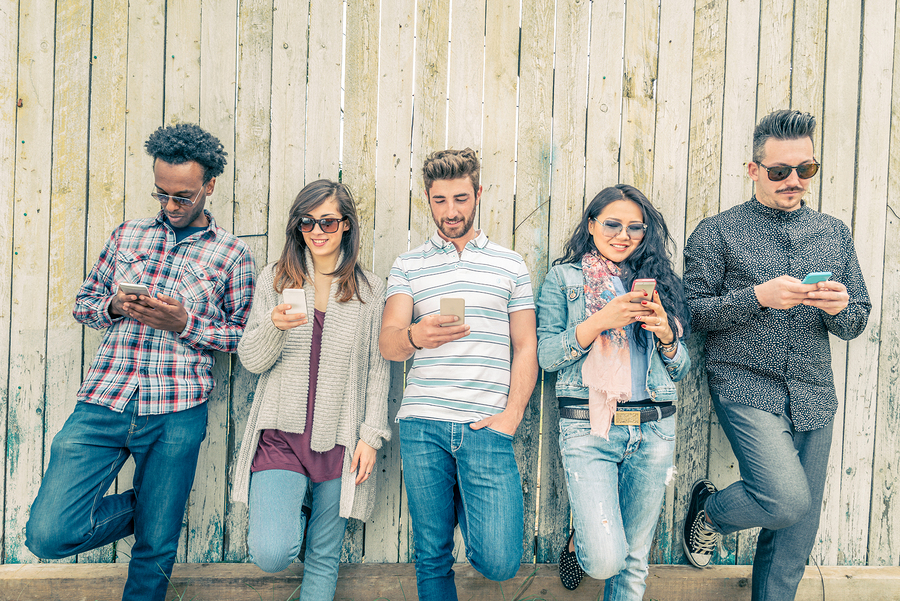- Make It Yourself Lavender Heart-Shaped Bath Bombs!
- 20 Things You Never Knew About “Down There”
- 12 Best Foods For Those Suffering From Arthritis Pain
- 12 Personal Hygiene Mistakes Almost Everyone Makes (Mom Never Told You About #4!)
- 15 Medicinal Plants And Herbs From The Cherokee People
- 12 Mind-Blowing Benefits Of Drinking Coconut Water During Pregnancy
- 12 Outstanding Winter Foods That Won’t Fatten You Up Like A Christmas Turkey
Smartphones Destroy Your Ability To Feel Pleasure

Photo credit: bigstock.com
Ok, we admit this is a bit of a clickbait headline, but there’s more truth to it than you might think. New research indicates that the excessive use of smartphones may cause some people to experience less pleasure from time spent in leisure. Let’s explore how this data was uncovered and how it manifests itself in modern life.
Research has shown that many things in life can be addictive, not just narcotics and alcohol. The object of the addiction becomes the focal point of the addict’s life. Over time, the addiction leaves him or her desensitized to other sources of enjoyment. New studies have found that the constant use of a smartphone can have a comparable effect on the brain of the user.
Smartphones and the ubiquity of the internet in the modern world have fundamentally changed the way we live. They have made it easier and more efficient than ever to communicate, do business and stay on top of what is happening in the world. But the constant connectivity brings with it a new set of problems.
Decreased Enjoyment of Leisure Time
A study was performed by Kent State University on 454 students to determine if the number of hours spent on a smartphone affected the students’ ability to relax and enjoy downtime from studies or work. The researchers found that many students who were “high use” individuals (defined as those who used their smartphone more than 10 hours a day) were more likely to experience a feeling they termed “leisure distress.” This feeling was characterized by feeling stressed, anxious of strung out during their leisure time, when they were supposed to relax and not use their phones.
The findings indicate that these students felt obligated to check their phones all the time. When they didn’t have their phones, they were unable to fill their time with activities they found as satisfying as checking their phones.
While these findings certainly offer some cause for concern, the researchers themselves cautioned that they have only solidly established correlation, not necessarily causation. They encouraged readers not to draw definite conclusions from the study, which relied heavily on self-assessment.
Still, the findings of this study are certainly worthy of further research. In the words of Dr. Lian Ji, one of the researchers: “Being constantly connected to your phone is not likely to enhance your experience of leisure. On the other hand, disconnecting for short periods of time in order to seek more challenging leisure opportunities is likely to be beneficial.”
Continue to Page 2
































